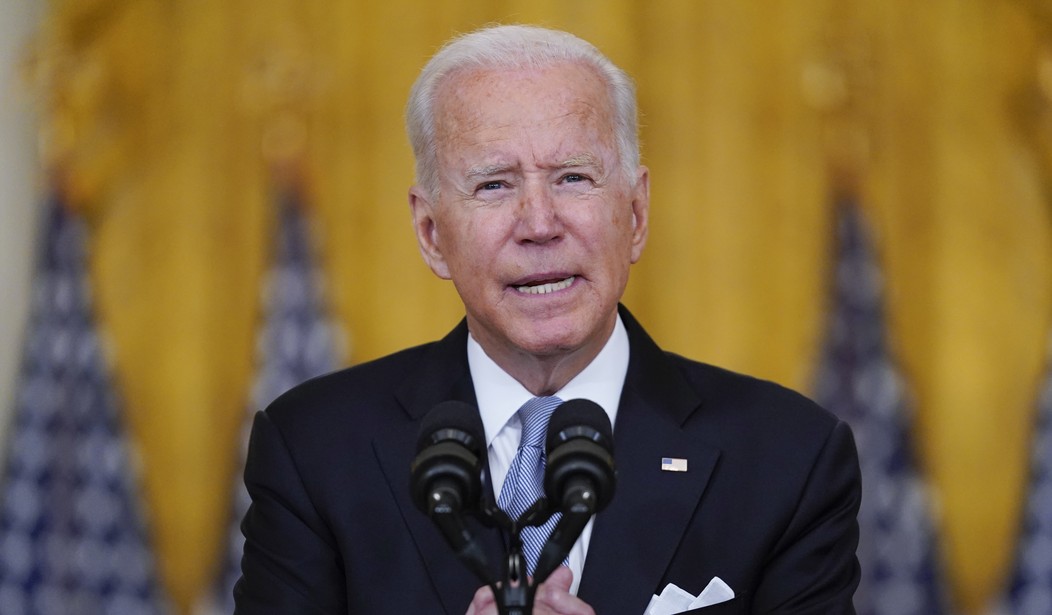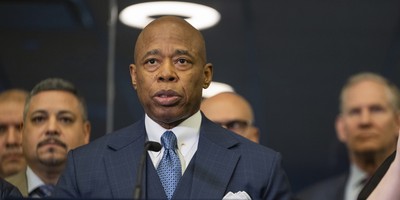The Biden administration is threatening to regulate the U.S.cryptocurrency market out of existence. The Treasury Department, Federal Reserve, and Securities and Exchange Commission are all implementing policies that will ruin the cryptocurrency market as we know it, just as Communist China is ruining the cryptocurrency market there.
Treasury Secretary Janet Yellen lobbied to keep the broad definition of digital asset “broker” in the bipartisan infrastructure bill as it moved its way through the Senate. Treasury claims it needs the broad definition to better enforce tax compliance. However, it will only open the door for the IRS to compel every participant in the cryptocurrency ecosystem to report tax information. The reporting requirement will be especially burdensome for people who do not possess the appropriate information to file to the IRS.
Other Biden officials can only see problems with digital assets. SECChairman Gary Gensler compared the cryptocurrency ecosystem as the “Wild West” andDr. Lael Brainard of the Federal ReserveBoard of Governors said that the new technological innovation in finance is risky for investors and may trigger “financial stability risks.”
Instead of finding ways to let digital assets innovate, the federal government is obsessed with protecting investors from themselves. This paternalistic thinking assumes that people who choose to invest in the $2 trillion crypto market have no knowledge of the risks they are taking.
Federal regulators are eager to curtail the development of new private cryptocurrencies in favor of developing a central bank digital currency. Brainard stated in a recent speech that “there is risk that the widespread use of private monies for consumer payments could fragment parts of the U.S. payments system.”
Recommended
Her statement is almost identical to what an official with the People’s Bank of China said about private cryptocurrencies. According to CNBC, a deputy governor of the bank told reporters that “Some commercial organizations’ so-called stable coins, especially global stable coins, may bring risks and challenges to the international monetary system, and payments and settlement system.”
Software developers, miners, validators, wallets, and crypto traders should all be concerned with potential for the Fed to develop its own currency, which will crowd out private digital assets.
Privacy violations are yet another problem with a central bank digital currency. A paper published by the Massachusetts Institute of Technology Media Lab’s Digital Currency Initiative (and one that Chairman Gensler contributed too while he was still teaching at MIT) explicitly states that a central bank digital currency would open the door for the federal government to collate user data. The paper concludes that, “CBDC allows easier access to users’ identity tied with individuals’ financial information.”
To assume that the federal government will safely secure consumers’ information and be impermeable to cyberattacks is foolish thinking.
While safeguards are important to protect investors from bad actors, overburdensome regulations and skepticism from the federal government will push the crypto market out of the U.S.
This is not speculation. It already happened in China.
In May, China ramped up regulatory scrutiny of Bitcoin miners and traders citing concerns with their energy consumption and its environmental effects. The result is that cryptocurrency miners fled China and relocated to more business-friendly environment that can provide a cheap energy supply, such as in Texas.
This is extremely similar to the Biden administration’s rhetoric surrounding cryptocurrencies.
The Biden administration is also attacking the cryptocurrency mining industry for its effects on the environment. In fact, Chairman Gensler is considering imposing climate disclosure mandates on cryptocurrency miners. What better way to stymie the growth in an industry than to require crypto miners to file complex compliance documents to the SEC. Not to mention the difficulty in quantifying the impact of their algorithms on climate change. This is a ludicrous request.
Biden officials’ treatment of cryptocurrencies is tantamount to how China is treating innovative financial technologies.
All this is to say that the democratization of finance would not be possible without the innovation of blockchain technology. While safeguards are important, expansive regulatory action and enforcement has the potential to drive future innovative decentralized finance technologies out of the U.S. toward countries that are friendlier to the industry.
When it comes to digital assets, the Biden administration is behaving like China. Congress needs to oppose heavy-handed regulation and instead offer ideas that will safeguard the industry and promote guidelines that will allow future financial technology to grow inAmerica.
Bryan Bashur is a Federal Affairs Manager at Americans for Tax Reform and executive director of the Shareholder Advocacy Forum.
























Join the conversation as a VIP Member